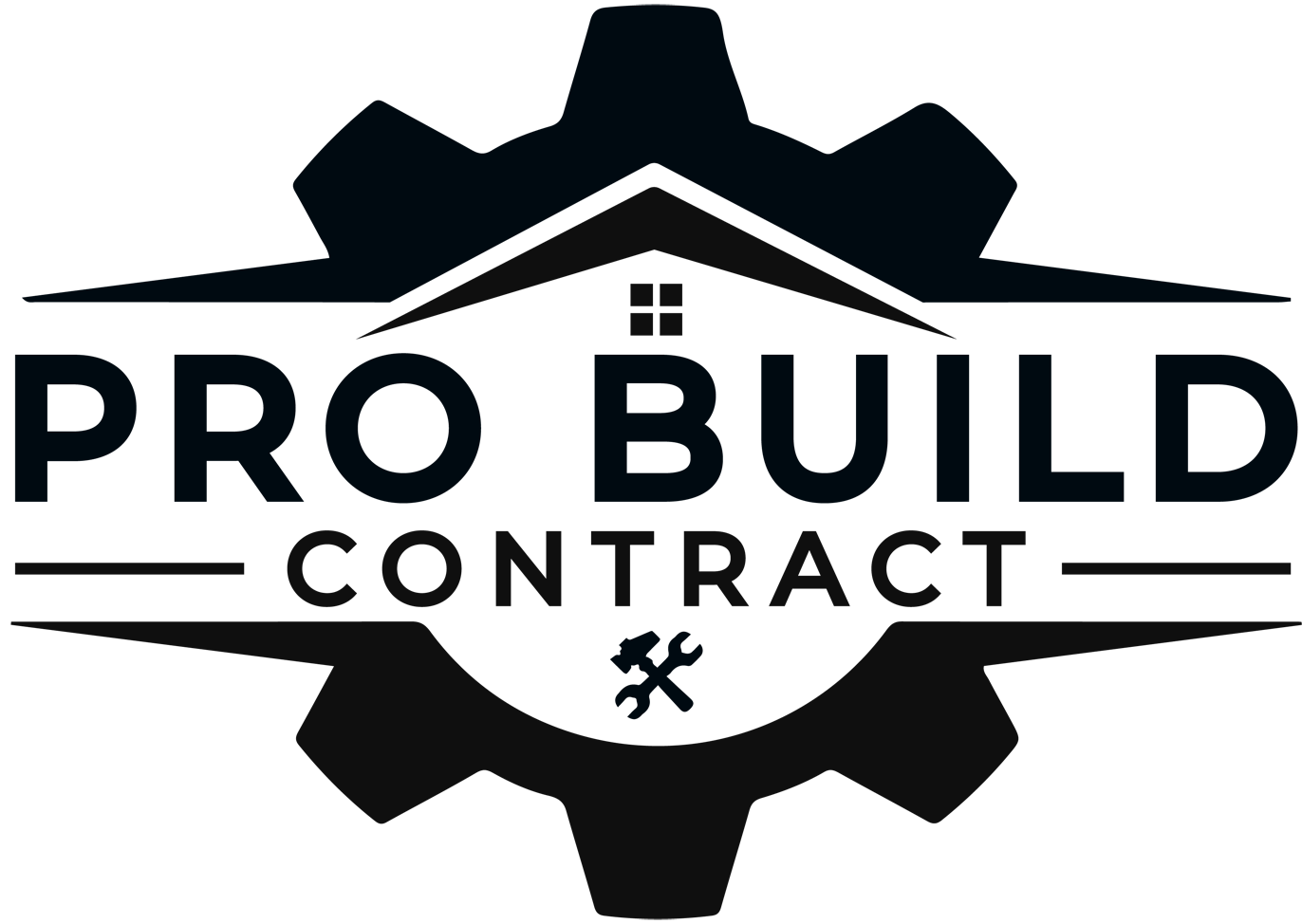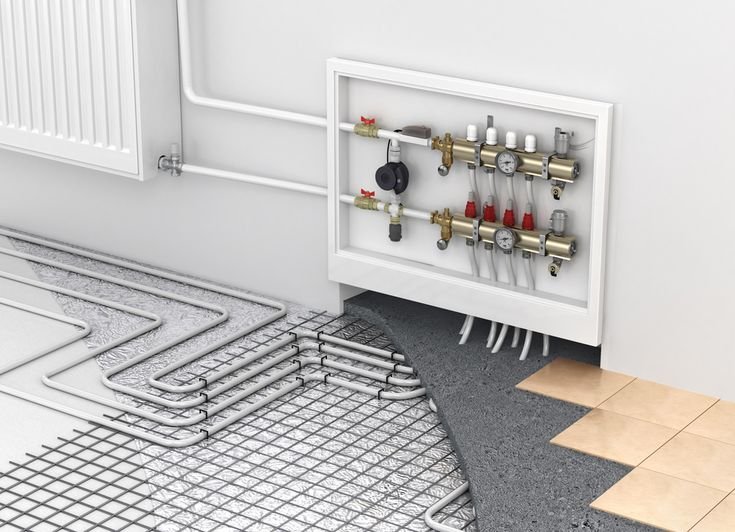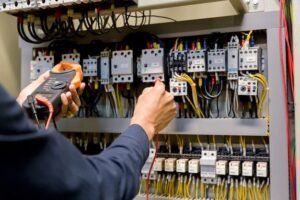Heating is a vital component of any home or building, especially in colder climates where maintaining a comfortable indoor temperature is essential for health and well-being. From central heating systems to individual heaters, there are a variety of heating options available to meet the needs of different spaces and preferences. In this comprehensive article, we will explore the importance of heating, the different types of heating systems, and tips for optimizing heating efficiency.
Importance of Heating:
Heating plays a crucial role in creating a comfortable and healthy indoor environment. Proper heating helps regulate indoor temperature, reducing the risk of hypothermia, frostbite, and other cold-related health issues. Additionally, maintaining a consistent and comfortable temperature can improve overall comfort, productivity, and sleep quality.
In addition to comfort, heating is essential for protecting buildings and infrastructure from damage caused by freezing temperatures. Proper heating can prevent pipes from freezing, reduce moisture buildup, and protect sensitive equipment and materials from cold-related damage.
Types of Heating Systems:
There are several types of heating systems commonly used in residential and commercial buildings. Some of the most common types of heating systems include:
- Forced Air Heating: Forced air heating systems use a furnace to heat air, which is then distributed through ductwork to heat the entire building. This type of heating system is popular for its efficiency and ability to quickly heat a space.
- Radiant Heating: Radiant heating systems use heated surfaces, such as radiators or underfloor heating, to transfer heat directly to objects and people in a room. Radiant heating systems are known for their energy efficiency and comfort.
- Hydronic Heating: Hydronic heating systems use hot water or steam to heat a building through radiators, baseboard heaters, or radiant floor heating. These systems are efficient and provide consistent, comfortable heat.
- Heat Pumps: Heat pumps are energy-efficient heating systems that transfer heat from one area to another using refrigerant. Heat pumps can provide both heating and cooling, making them a versatile option for year-round comfort.
Tips for Optimizing Heating Efficiency:
To maximize the efficiency of your heating system and reduce energy costs, consider implementing the following tips:
- Use a programmable thermostat to set temperature schedules based on your daily routine and adjust the temperature when you are away or asleep.
- Seal air leaks and insulate your home to prevent heat loss and improve the effectiveness of your heating system.
- Schedule regular maintenance for your heating system to ensure it is running efficiently and identify any potential issues before they become costly repairs.
- Consider upgrading to a more energy-efficient heating system, such as a high-efficiency furnace or heat pump, to reduce energy consumption and lower heating costs.
In conclusion, heating is a vital component of creating a comfortable, healthy, and functional indoor environment. By understanding the importance of heating, exploring different types of heating systems, and implementing tips for optimizing heating efficiency, you can ensure that your home or building remains warm and comfortable, even during the coldest months of the year.





